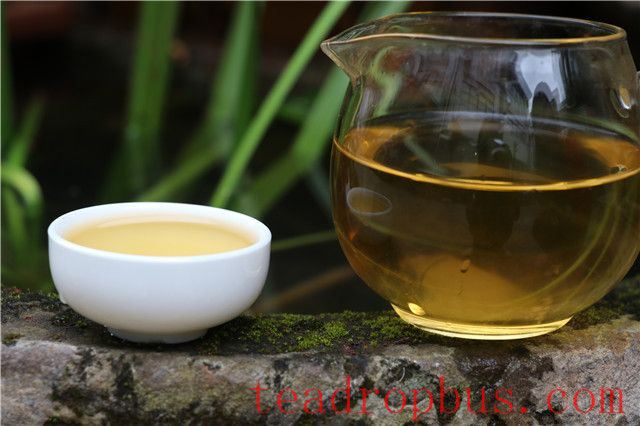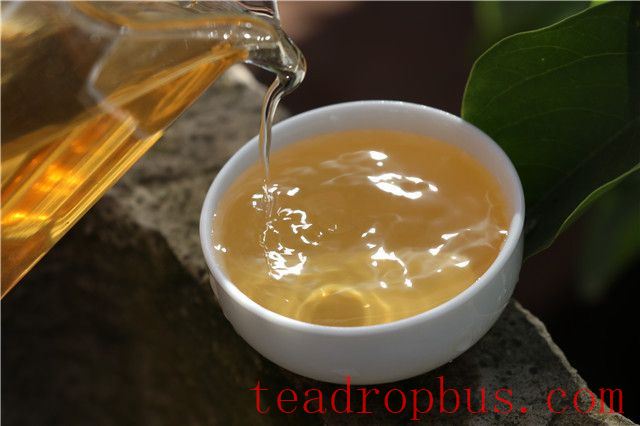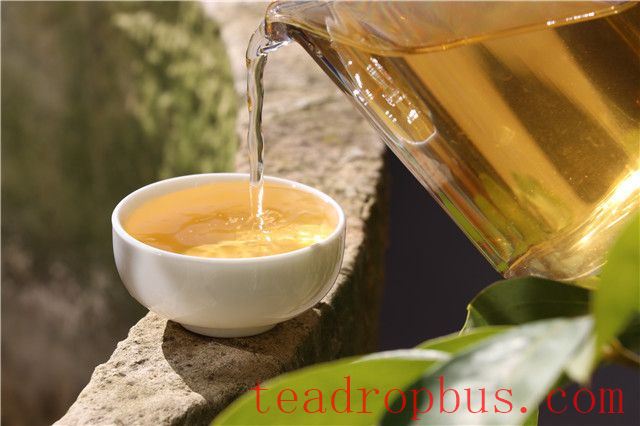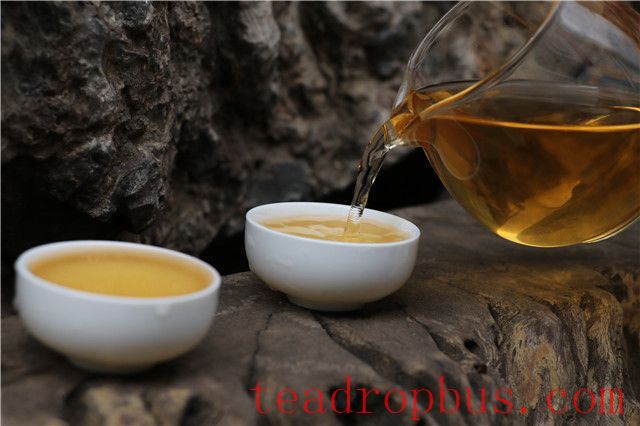Tea is a great healthy beverage, and the elders always say that Drinking Tea is good and you should drink more of it. However, everything should be in moderation, and this applies to drinking tea as well. There are certain taboos to be aware of when drinking tea, avoiding these common misconceptions can help make Tea drinking more beneficial for health and longevity.

1. Avoid Drinking Cold Tea
The elderly often say three things are most harmful to your health: “thin wine, cold tea, and an older woman.” This indicates that drinking cold tea is not good for your body. Cold tea has the adverse effects of stagnating cold and accumulating phlegm, especially for women with a cold constitution who should avoid drinking cold tea. After brewing tea, drink it promptly. If you cannot finish it, dispose of it rather than storing it in the refrigerator or drinking it the next day.
2. Avoid Drinking Tea on an Empty Stomach
Drinking tea on an empty stomach dilutes gastric juices and reduces digestive function. It can also cause “tea drunkenness,” which may manifest as palpitations, dizziness, headache, weakness, and unsteadiness. Additionally, drinking tea on an empty stomach can exacerbate feelings of hunger and potentially lead to hypoglycemic shock. Drinking tea on an empty stomach is akin to “inviting a wolf into your home,” and there is a saying in China that one should not drink tea on an empty stomach. Drink a glass of water and have some snacks before drinking tea.

3. Avoid Drinking Tea Before Meals
Drinking tea before meals is similar to drinking tea on an empty stomach. Drinking tea before eating will dilute saliva, making food tasteless and temporarily reducing the digestive system's ability to absorb proteins. Drinking tea on an empty stomach directly stimulates the gastrointestinal tract, diluting digestive juices and affecting digestion. It can also lead to symptoms of tea drunkenness. Eat some snacks or appetizers before drinking tea, or drink tea during the meal.
4. Avoid Drinking Tea Immediately After Meals
It is not advisable to drink tea immediately after a meal. Drinking tea right after eating will dilute gastric juices and affect food digestion. The tannic acid in tea can cause food to solidify, putting additional strain on the stomach and hindering protein absorption. It is best to wait about an hour after eating before drinking tea, which can aid digestion and eliminate greasiness.

5. Avoid Drinking Very Hot Tea
Very hot tea can strongly stimulate the throat, esophagus, and stomach. Drinking tea that is too hot over a long period can lead to diseases in these organs. According to foreign research, people who frequently drink tea above 62°C are more likely to experience damage to their stomach lining, leading to stomach problems.
After brewing tea, wait a moment for the tea temperature to cool down to around 60°C before slowly drinking it.
6. Avoid Drinking Strong Tea
The saying goes, “Mild tea drunk warm is most nourishing to the body.” Strong tea contains higher amounts of Caffeine and theophylline, which can be very stimulating and easily cause headaches and insomnia. It can also lead to rapid heart rate, which is detrimental to those with conditions like tachycardia, premature beats, or atrial fibrillation. Women, especially during menstruation, pregnancy, postpartum, and breastfeeding, should avoid drinking strong tea. Maintain a proper ratio of tea to water; do not use too much tea leaf and too little water.

7. Avoid Too Many Infusions
According to relevant experiments, the first infusion of tea can contain 50% of the total soluble substances, the second infusion 30%, the third infusion 10%, and the fourth infusion only 1-3%. Further infusions can extract harmful components from the tea leaves, as trace harmful elements are often released in the later infusions.